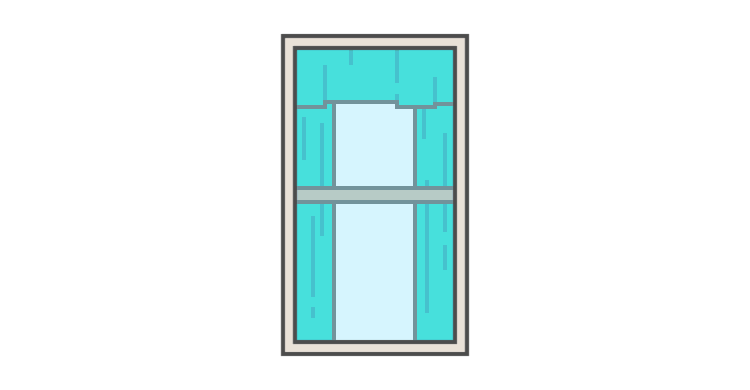This post is part of a series on In Praise of American Educators (And How They Can Become Even Better).
In my thirty-two years as an educator I have experienced many unique opportunities and realize how fortunate I have been. One of these happened recently when I was provided with an advance copy of Dr. Richard DuFour’s latest book, In Praise of American Educators: And How They Can Become Even Better and asked to review it. Not satisfied with only providing a review (I can’t begin to do justice to how much I was moved by the book, and thoroughly enjoyed it, in 100 words or less), I wanted to shape a blog post around an aspect that really resonated with me.
I went to the conclusions the book elicits as it struck me that this really captures the essence of the work. Recent headlines related to education have tended towards the negative and have often portrayed teachers in a negative light. DuFour deftly counters these notions, and I’ll leave that discovery to you as the reader.
I often share with colleagues an appreciation for the high quality work they are engaged in and the great results teachers are achieving – and I’ll quickly follow that with an appeal to do even more. Why? Because we are not there yet and have not achieved the goal of ALL students successfully transitioning to the next stage of their learning or their lives. DuFour brilliantly addresses this when he says:
We applaud America’s educators for wringing the last few drops of student success from a system that was never designed to accomplish what they are now being asked to do – ensuring all students learn at high levels. We are convinced, however, that 1) further meaningful progress will require fundamental changes to that system and 2) educators must lead and embrace those changes rather than cling to the vestiges of traditional structures and cultures that are ill-suited to the needs of contemporary students.
We have 21st century students being taught by 20th century adults and that is part of the transition we’ll continue to experience for the next decade. What can’t continue is the use of 19th century pedagogy around an 18th century calendar if we hope to break through for those students who need us the most. DuFour suggests, “It will take a critical mass of educators willing to accept responsibility for leading the change if this transformation is to occur. Educators must recognize that they have – within their sphere of influence – the ability to create vastly improved conditions for teaching and learning.”
This book serves as the proverbial mirror and window – allowing educators to reflect on their significant accomplishments while also seeing through to an even brighter future. Our schools, our students, and our teachers deserve nothing less.
[author_bio id=”397″]







Thanks Joshua. I’m glad the post resonates with you. Looking forward to our paths crossing in the future and an opportunity to chat further. Enjoy some summer rest and relaxation!
Great comment, Tom. I like your metaphor, and I think it’s really appropriate for the book: it has given me cause to reflect, but it has also given me (reminded me) of ways to consider our work in PLCs and how to continue to grow. Thanks for your writing.